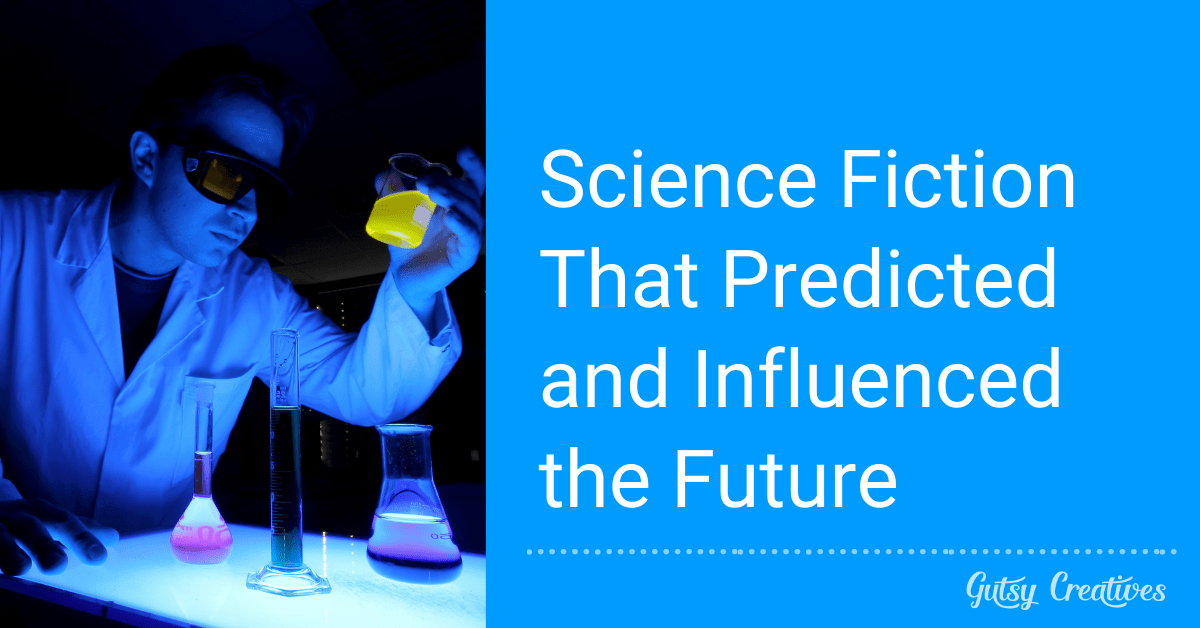
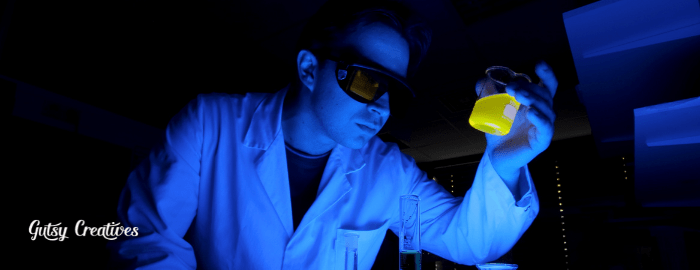
Often, when it comes to science fiction, the line between prediction and influence is blurred. We can no longer tell the difference—was the flat-screen TV invented because the idea was put forward in the book 1984, or did the book merely predict it?
For the past two centuries, science fiction has played a major role in the advancement of technology. Authors who let their imagination run wild have managed to change the course of the future. Just as scientists are important in the invention of new things, so are authors important in the invention of new ideas. Here is a list of five science fiction books that predicted and influenced remarkable advancements in science.
1. 1984 by George Orwell

Set in a haunting dystopian world of the year 1984 (as the title suggests), the predictions found within this book are eerie—and accurate, as we see much of its technology in the modern world. The people of Oceania are monitored by their government, and each house has a “telescreen”, a massive TV that can see into every corner of their house. It also talks about facial-recognition software and text-to-speech conversion, which are technologies that are still being perfected in the modern world.
But the most important prediction made by George Orwell in his book is, perhaps, that of Big Brother and the Thought Police. The phrase “Big Brother is watching you” was coined by him, and is about the man who watches over the cities, appearing in posters and billboards, intimidating people into obedience. Not unlike what we see in certain countries today.
Get the book on Amazon.
2. Twenty Thousand Leagues Under the Sea by Jules Verne
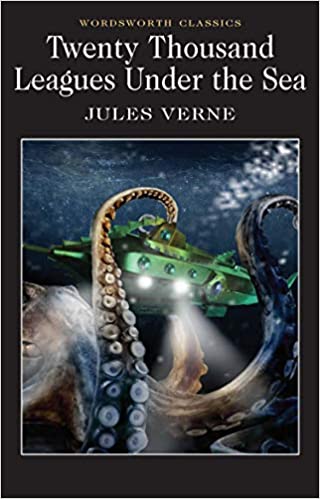
Nobody writes science fiction quite like Jules Verne, considered by many to be the father of modern science fiction. In his book, Twenty Thousand Leagues Under the Sea, which delves (both figuratively and literally) into deep-sea exploration, he puts forward the idea for the electric submarine—which served as the inspiration for the American inventor, Simon Lake, to invent the world’s first submarine, the Argonaut.
Jules Verne also predicted (or should I say—influenced?) many other things in his numerous collection of science fiction novels—from lunar models to solar cells, over a 100 years before they were invented.
You can find the book on Amazon.
3. 2001: A Space Odyssey by Arthur C. Clarke
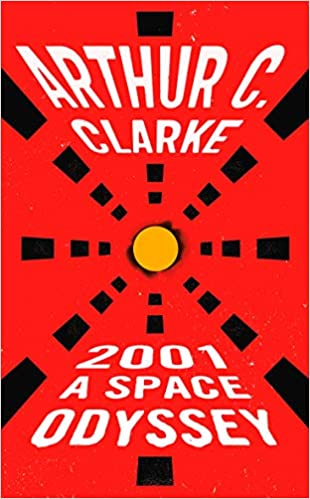
2001: A Space Odyssey, released back in the 1960’s, is still considered to be one of the best science fiction stories to exist, in terms of its predictions. While much of the technology that was imagined to exist in 2001 still does not exist two decades after—especially in space exploration—the progress seen in communication technology is remarkably close to what was predicted in the book.
Two astronauts of the Jupiter mission (in the films) were seen using a flat-screen device similar to the electronic tablet—or the iPad—that we have today, which was called a “Newspad”. Lip-reading computers, Personal Television Screens (on flights) and the use of robotics in space were also technologies that were predicted in 2001: A Space Odyssey.
While a device called a “videophone” had the ability to act just like our modern-day video-communication software, even Arthur C. Clarke could not predict one thing: that virtually everything — from video conferencing to audio translating to bill payments to flashlights — will all be available on one single device: the mobile phone.
Get the book on Amazon.
4. The World Set Free by H. G. Wells

Just as science fiction predicts exciting inventions and technologies that would make our lives infinitely easier, it also predicts bleak aspects of the near future. The World Set Free, considered to be a literary masterpiece, examines the possibility of the creation of atomic bombs, and consequent human warfare fuelled by this nuclear technology. Being the first person to use the term “atomic bomb”, H. G. Wells served as an inspiration for Leo Szilard — the man who helped conduct the first nuclear fission reaction.
Find the book here.
5. Frankenstein by Mary Shelley Wollstonecraft
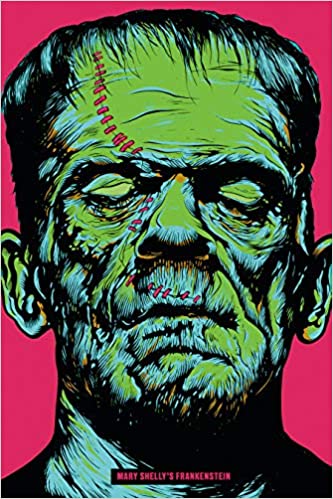
No list of science fiction will be complete without the pioneer of the genre herself: Mary Shelley Wollstonecraft. A haunting story about a doctor who dabbled too deep in the forbidden sciences, Frankenstein is the first science fiction book ever written — and it was written by a young girl of only 18 years.
In Frankenstein, Dr Victor uses the bones and body parts of deceased people in order to create his monster (although the techniques he used remain vague throughout the story). The first successful organ transplant was done in 1954, more than a hundred years after the book was published. Mary Shelley did not know it was possible, but she imagined it would be.
Two hundred years later, we are no closer to growing a complete, sentient being like Frankenstein in our laboratories, but we are experimenting on growing separate organs in labs using stem cells. And if this does become successful, it will not be necessary to wait years for an organ donor — we might be able to grow organs using our own stem cells for our bodies. But it is when we dabble in cloning and grow human embryos in our laboratories that we must look back at Frankenstein and its ethics — should we do something just because we can, regardless of morals and basic human ethics?
You can find the latest edition here.

Sharika Hafeez
Sharika Hafeez is a nerd, and she’s proud of it. Growing up, she fell in love with books and writing, and is currently following her undergraduate degree (for some mysterious reasons) in Physics. She likes procrastinating by watching the stars with a steaming cup of tea, composing poetry in her head.


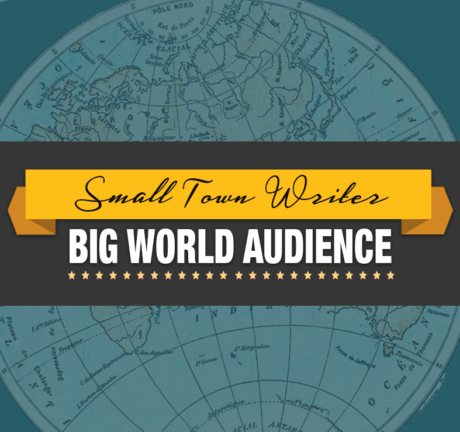
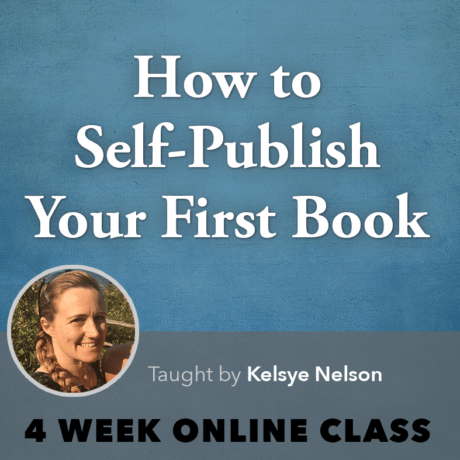



0 responses on "Science Fiction That Predicted—and Influenced—the Future"